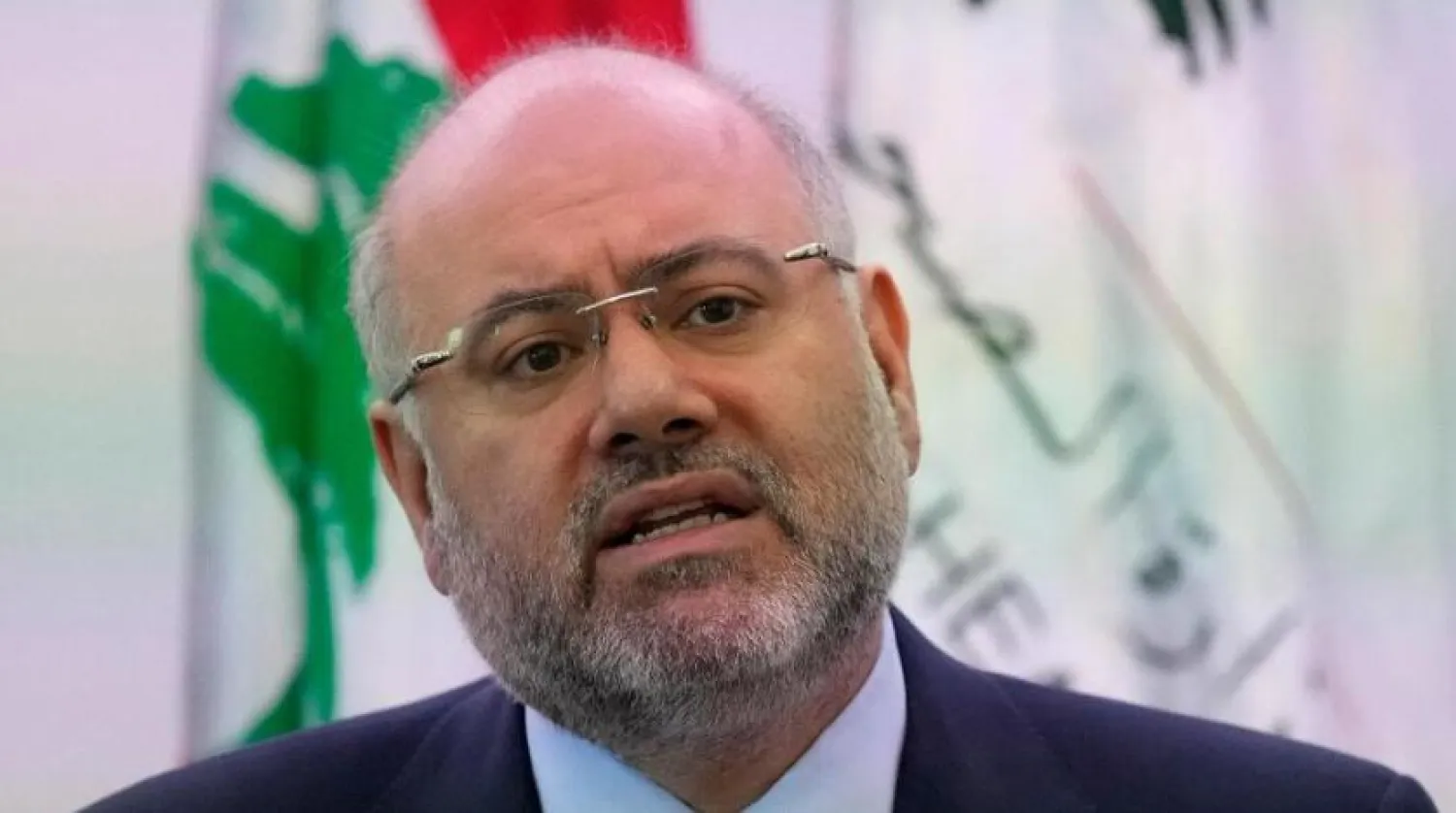Caretaker Health Minister Firas Abiad warned on Saturday of a cholera outbreak if Lebanon fails to quickly respond to the disease, which he confirmed is still restrained in the rural northern Lebanese region of Akkar.
On Friday, the Health Ministry issued a statement saying a second case of Cholera has been detected in Lebanon, a day after the cash-strapped country confirmed its first case of the illness since 1993.
The Minister said the cholera infections in Lebanon were anticipated - after an outbreak of the illness in neighboring war-torn Syria a month earlier - explaining that it is easily transmissible.
“We must prevent this disease, and the patient may not have symptoms,” he stressed.
Abiad then announced that his ministry established a multilateral crisis cell that will tour the affected areas to see what is happening on the ground and respond to the possible outbreak of the illness.
In a television interview, he explained that the waterborne disease can easily be eliminated by washing hands, adding that it can be controlled provided that safe and clean running water is secured.
He assured that cholera tests are available to monitor its spread, noting that it differs from COVID-19, which is transmitted by air.
The Lebanese Agricultural Research Institute warned Saturday of water pollution.
In a statement, it said “the spread of cholera is caused by water pollution, and citizens are asked to take the highest levels and standards of hygiene in food and drinking water.”
Lebanon 24 website said the number of cholera-infected people in Lebanon exceeded by far the two cases, adding that all cases are currently monitored by the Ministry.
“All cases were detected at a camp for Syrian refugees in the Benin region,” sources told the website.
Stéphane Dujarric, Spokesman for the UN Secretary-General, said on Friday that in Syria, the United Nations and its humanitarian partners continue to respond to an outbreak of cholera, worsened by severe, country-wide water shortages.
The World Health Organization (WHO) said there have been 14,202 suspected cases of cholera, 884 confirmed cases, and 63 reported deaths across the country as of last Thursday.









